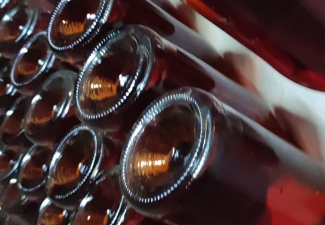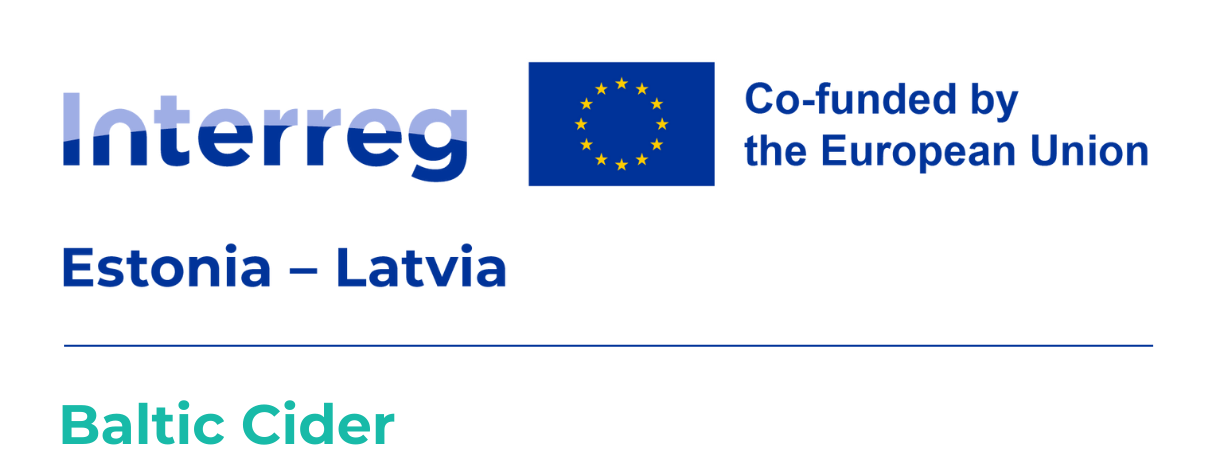"Baltic Cider" actualities in November

Scientists from the Institute of Horticulture (LatHort) participated in the meeting of the project “Knowledge-driven Baltic Cider Production and Branding for Growth and Competitiveness of SMEs” (Baltic Cider) on November 12–13, 2024, in Polli, Estonia. Together with project partners from the Latvian Rural Tourism Association “Lauku ceļotājs”, the Estonian Rural Tourism Association, the Estonian University of Life Sciences (Polli), and cider producers, they discussed the project's initial results and engaged in conversations about cider-making, the development of a Terroir map, and fostering entrepreneurship.
The term “terroir” (from French) refers to the natural features of land and climate that interact to create a unique set of conditions, imparting distinctive characteristics to the ciders produced in those areas. The map's development considers key factors: climate, soil, terrain (geography), and the human element—gardeners and cider-makers.
The LatHort scientists are involved in activities to characterize both the raw materials used for cider — apple cultivars — and the apple juice and cider themselves, aiming to understand the impact of various factors on the flavor properties of the final product.
During the meeting, participants were introduced to preliminary results of soil research and analyses of apple cultivar juices and their potential correlations. For the entrepreneurs involved in the project, the scientists at Polli organized an educational event, where all seminar attendees participated in cider sample tastings using developed sensory analysis methods. Follow-up discussions were devoted to the highly diverse cider fermentation processes, including an introduction to the production practices at the “Tori Cider” cider house. The business owner, Karmo Haas, and his family own an orchard with various apple cultivars, providing the primary raw materials for cider production.
The meeting concluded with discussions about tasks and objectives planned for the upcoming period, along with the decision on the location of the next seminar, to be held in Latvia.
The project is being implemented within the Cooperation Programme “Interreg V-A – Estonia-Latvia” 2021 - 2027 financed by the European Regional Development Fund (ERDF); policy objective No. 2 “Jointly and smartly growing businesses”.
